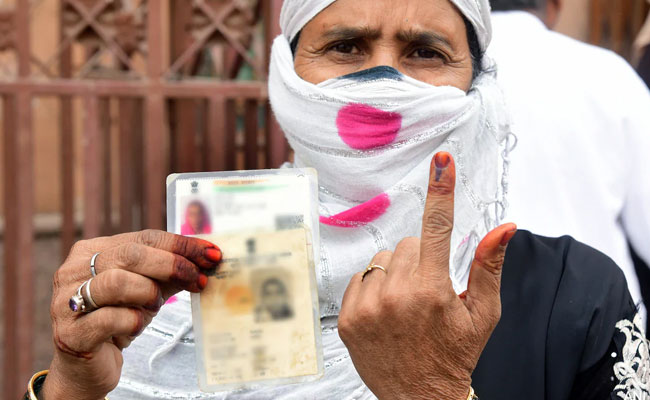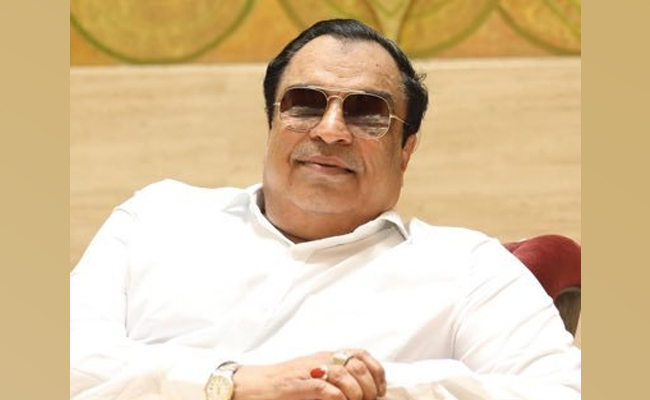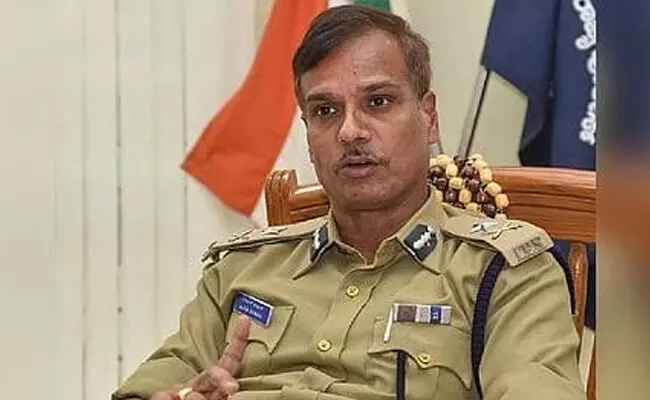New Delhi: A viral message regarding voting rights is circulating on social media ahead of the 2024 Lok Sabha elections, claiming that individuals can cast a "challenge vote" if their name is not on the voter list. The message also suggests that if someone has already cast their vote, individuals can request a "tender vote" to cast their ballot. Additionally, the message falsely states that if any polling booth records more than 14% tender votes, repolling will be conducted.
However, these claims are misleading. When a person's name is not on the voter list, they are not eligible to vote, even if they possess an Aadhar card or voter ID. The Election Commission of India issues Voter ID cards only to those whose names are included in the electoral rolls of their constituency. Therefore, simply possessing a Voter ID card does not guarantee the right to vote.
Regarding the mention of a "challenge vote" under Section 49A, this is a misrepresentation. The Handbook for Presiding Officers mentions a 'Challenged Vote', but Section 49A of the Conduct of Elections Rules, 1961, actually pertains to the design of Electronic Voting Machines and does not relate to a 'challenge vote'.
However, the claim about requesting a "tender vote" if someone has already cast your vote is true. Rule 42 of The Conduct of Elections Rules, 1961, allows individuals to cast a tendered ballot paper if the Polling Officer informs them that their vote has already been cast. In such cases, the Presiding Officer may ask questions to confirm the individual's identity, and a tendered ballot paper will be provided.
Regarding the claim about repolling if a polling booth records more than 14% tender votes, this is false. Tendered votes are considered only on the direction of a High Court, as clarified by a former Director of the Election Commission of India.
Let the Truth be known. If you read VB and like VB, please be a VB Supporter and Help us deliver the Truth to one and all.
Kalaburagi: Two years after being expelled from the Janata Dal (Secular), former minister C.M. Ibrahim has announced that he will launch a new regional political party in Karnataka on January 24, reported Deccan Herald.
Speaking at a meeting organised by the Nava Karnataka Nirmana Andolana in Kalaburagi on Sunday, Ibrahim confirmed the birth of the new party.
The 77-year-old politician stated he would soon be meeting with other like-minded individuals to choose a symbol for the party.
ALSO READ: Veteran Congress leader Shamanuru Shivashankarappa laid to rest with full state honours
Ibrahim emphasised that the organisation would be guided by the principles of 12th-century social reformer Basavanna and the architect of the Indian Constitution, Dr. B. R. Ambedkar.
A veteran politician, Ibrahim served as Union Civil Aviation Minister during the tenure of H.D. Deve Gowda as Prime Minister and later headed the Karnataka unit of the Janata Dal (Secular). He was expelled from the JD(S) in 2023 on charges of anti-party activities.
His exit from the party followed sharp differences over the JD(S) decision to ally with the Bharatiya Janata Party (BJP). As the then state president of the JD(S), Ibrahim had publicly criticised the alliance, claiming it was finalised without his knowledge. He had also reportedly convened meetings of his supporters and expressed support for the INDIA bloc.





